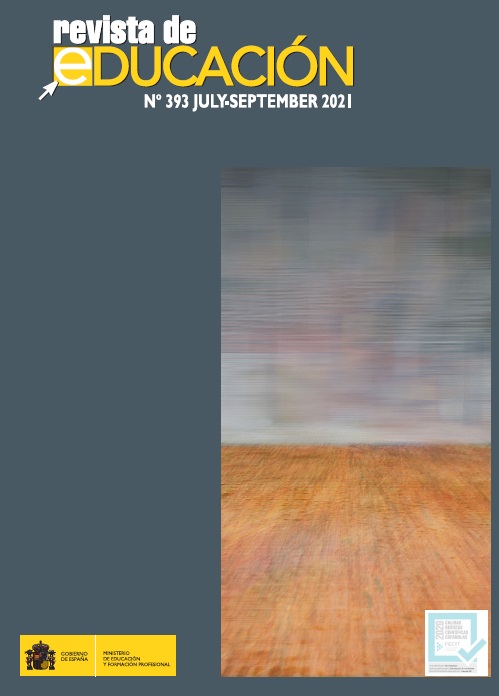STEM Education and Primary Teacher Training in Spain
Main Article Content
Abstract
Since its creation, STEM education has been characterized and interpreted using various models. Despite this diversity, we find three common characteristics in specialized literature—problem solving, content application in real situations, and interdisciplinarity—. In this work, we study the possibility of developing STEM Education in the initial Primary teacher training in Spain. To this end, based on the specific characteristics of STEM Education, a document analysis of 236 syllabi was carried out. These analysed syllabi are those for the basic and compulsory subjects in Spanish public universities related to the STEM areas. The results show that most universities consider these three characteristics in their Mathematics and Experimental Science syllabi. Even so, problem solving is the characteristic that is most present in the documents and in the curricular levels of the syllabi (learning expectations, contents, methodology and evaluation). In conclusion, incorporating STEM Education could be possible through the multidisciplinary integration, where each subject has its own objectives but tasks are introduced through a common issue.

